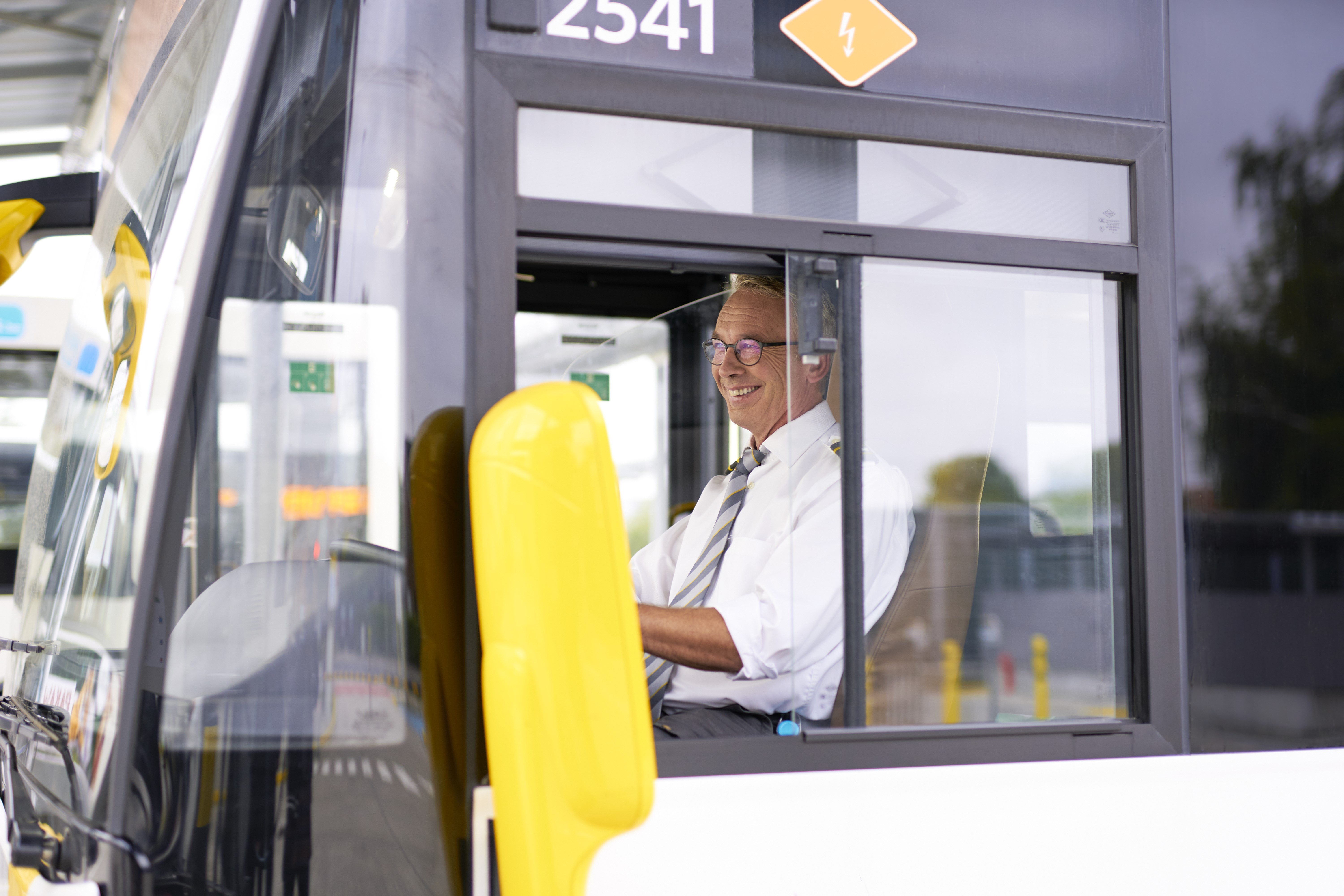
De Lijn keeps on struggling with exodus of drivers

De Lijn continues to face a driver shortage. Almost one in four drivers quits within two years /De Lijn
Flemish public transport operator De Lijn continues to face a shortage of drivers. For example, of the 356 drivers De Lijn recruited in 2021


Comments
Ready to join the conversation?
You must be an active subscriber to leave a comment.
Subscribe Today